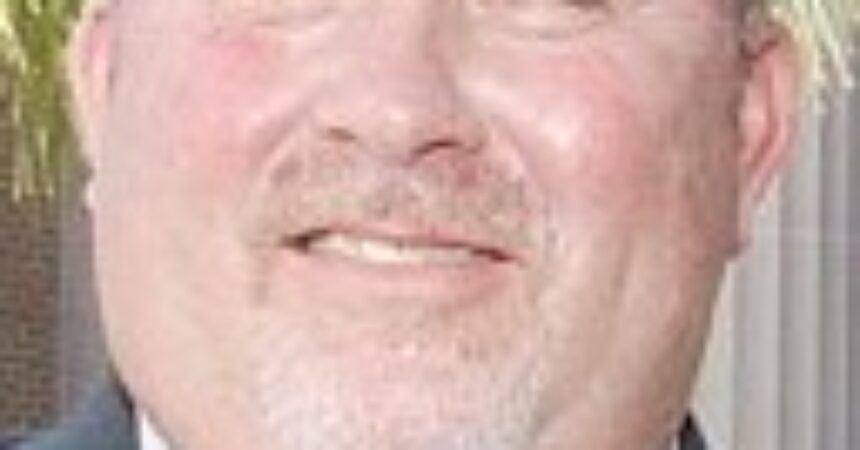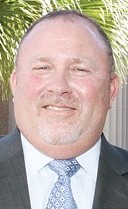
Supreme Court refuses to reinstate lawyer

By Jim Saunders
News Service of Florida
The Florida Supreme Court rejected a request by a Jacksonville attorney to be reinstated to practice law after a suspension related to his handling of lawsuits against the tobacco industry.
Justices unanimously sided with The Florida Bar, which argued that Norwood Wilner should not be reinstated because he did not properly comply with a requirement during the suspension. The decision came last Thursday after Leon County Circuit Judge Angela Dempsey, acting as a referee, recommended last year that Wilner be reinstated.
The Supreme Court in 2022 issued a 91-day suspension of Wilner. But lawyers who are suspended for more than 90 days must petition for reinstatement.
The suspension was rooted in what are known as “Engle progeny” lawsuits that Wilner filed against tobacco companies. Such lawsuits stem from a major 2006 ruling by the Supreme Court that established critical findings about the health dangers of smoking and misrepresentation by cigarette makers.
In last Thursday’s reinstatement decision, the Supreme Court said it suspended Wilner for filing more than 3,000 “Engle-progeny claims without investigating or informing himself as to the facts of each case and for knowingly misrepresenting the viability of the claims” to a federal district court.
After he was suspended, Wilner sold his Jacksonville-based firm to St. Petersburg attorney Howard Acosta, a longtime acquaintance. Acosta paid $100 for the firm, with the expectation that Wilner could buy it back for $200 if he was reinstated to practice law, last Thursday’s decision said.
Wilner during the suspension continued working part-time at the firm, an arrangement that was allowed so long as he was under the supervision of Acosta and did not meet with clients or handle client funds, the Supreme Court said.
But in opposing reinstatement, the Bar argued that Wilner had not properly complied with the requirement that he be supervised by Acosta.
“No tangible changes were made as a result of the sale of Mr. Wilner’s law firm, Mr. Acosta practiced law in an entirely different city and was uninvolved in any of the cases handled by Jax Litigation Group (the firm), and the extent of Mr. Acosta’s ‘supervision’ was more akin to weekly telephone calls between longtime friends and colleagues,” the Bar said in a Supreme Court filing last year.
But in a brief filed last year, Wilner’s attorney wrote that “Acosta, as owner, could and did supervise all employees, including Mr. Wilner and the attorneys who were physically present in Jacksonville. In addition to his status as owner, Mr. Acosta, whose credibility was subject to a favorable comment by the referee, testified he talked with Mr. Wilner continually, at least once a week, commensurate with the small amount of work Mr. Wilner was doing.”
“The Bar produced no evidence that Mr. Wilner practiced law during his suspension,” the brief said. “In fact, there was no evidence of, suggestion of, or even a hint of, any improper practice of law, client contact, misrepresentation of status, or any other forbidden action by Mr. Wilner during the suspension period.”
But the Supreme Court on Thursday concluded that the “referee’s recommendation to reinstate Wilner to the practice of law is unjustified.”
“Acosta simply had no meaningful way to consistently ensure that Wilner fully complied with the restrictions on his employment in (a Bar rule) other than Wilner’s own personal assurances,” the Supreme Court opinion said. “This is exactly the type of scenario (the rule) is intended to guard against, as those subject to its restrictions have in many instances already demonstrated an unwillingness to abide by the profession’s rules and ethical standards.”







